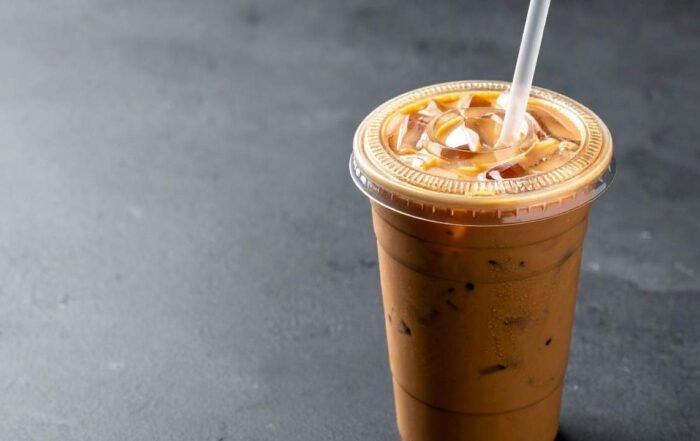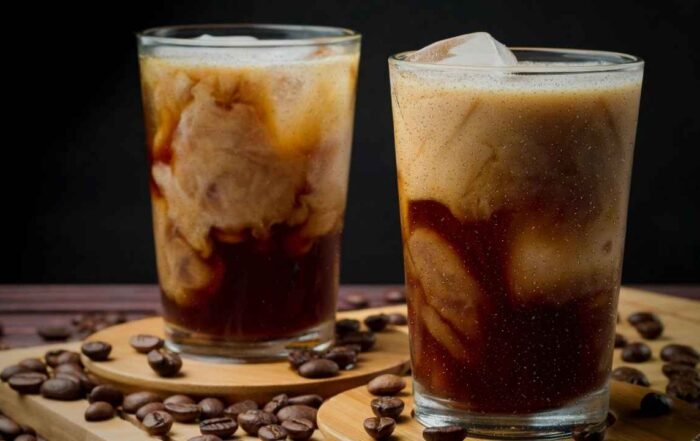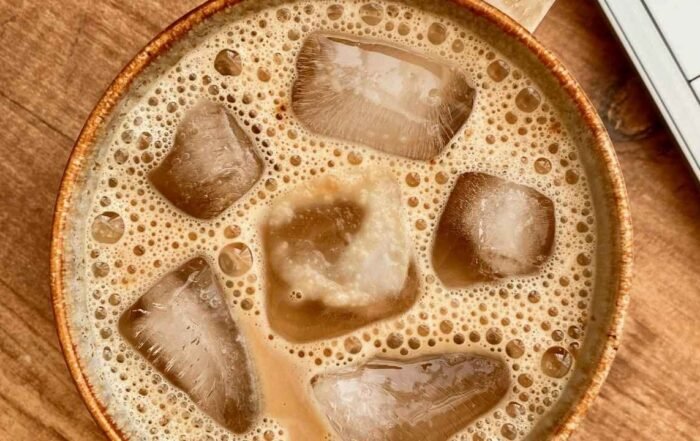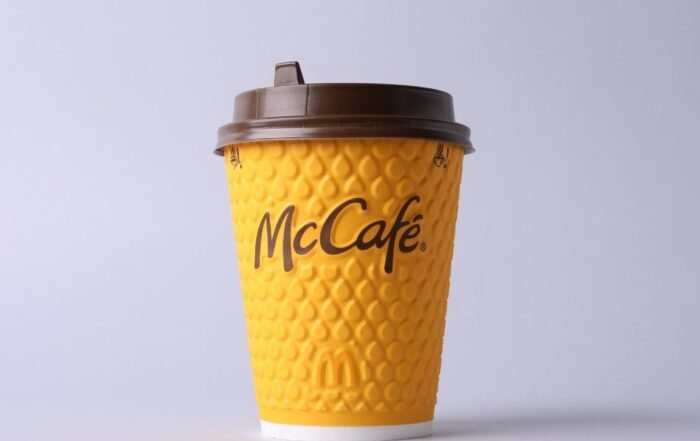In this Article
- Why Grind Size Matters in Coffee Brewing
- What Is Coffee Grind Size? A Quick Guide
- Coffee Grind Size Chart for Every Brewing Method
- Coarse vs Fine Grind Coffee: Key Differences
- Types of Coffee Grinds Explained in Detail
- Common Brewing Methods and Their Ideal Grind Size
- Tips for Choosing the Right Grind Size at Home
- In Short | Never Get Stuck With the Wrong Grind Size Again
- Now That You Know About The Grind Sizes, Lets Brew Some Coffee
- Leave A Comment Cancel reply
- Related Posts
- Sign up to the newsletter

Why Grind Size Matters in Coffee Brewing
Consider grind size to be your coffee’s hidden weapon. Getting it wrong means bitter, sour, or weak coffee that spoils your morning. How swiftly water draws flavors from your beans depends on the correct grind. Too fine, and you get over-extraction with harsh bitterness. Too coarse, and your coffee tastes sour and thin from insufficient extraction. Your route to always excellent coffee every time is a good coffee grind size chart.
What Is Coffee Grind Size? A Quick Guide
Coffee grind size refers to how finely or coarsely your coffee beans are broken down before brewing.
The Science Behind Grind Size
Smaller particles increase surface area, hence enabling water to extract tastes quicker. Coarse grinds require more time to generate full flavor profiles; fine grinds release oils and acids quickly.
Grind Size and Brew Time Connection
To avoid over-extraction, coarse grinds complement extended brewing methods like French press (4 minutes). Fine grinds match short brewing techniques like espresso (25–30 seconds).
Coffee Grind Size Chart for Every Brewing Method
Your brewing method determines the perfect grind size for optimal taste extraction and balance.
Espresso Grind Size Chart Explained
Espresso calls for extremely fine grinds that feel nearly powdery between your fingertips. This delicate texture lets pressured water extract maximum flavor in only 25–30 seconds. Compare this to drip coffee, which brews its 4-6 minute cycle using medium grinds.
An espresso grind size diagram reveals the striking contrast, drip grinds resemble coarse sand whereas espresso grinds have the look of flour. Incorrect espresso grind causes either weak shots or bitter over-extraction that burns your tongue.

Standard Coffee Grind Size Chart
| Grind Size | Appearance | Recommended Brewing Method | Brew Time |
| Extra Fine | Powder/flour-like | Turkish coffee | 1-2 minutes |
| Fine | Table salt texture | Espresso, Moka pot | 25-45 seconds |
| Medium-Fine | Fine sand | Pour-over, AeroPress | 2-4 minutes |
| Medium | Regular sand | Drip coffee, Chemex | 4-6 minutes |
| Medium-Coarse | Coarse sand | Clever dripper | 4-6 minutes |
| Coarse | Sea salt chunks | French press, Cold brew | 4-24 hours |
| Extra Coarse | Peppercorn size | Cowboy coffee | 5+ minutes |
Coarse vs Fine Grind Coffee: Key Differences
Understanding coarse vs fine grind coffee helps you match your equipment with perfect results.
Flavor and Strength
With greater caffeine concentration, fine grinds produce strong, sharp tastes. The minute particles remove rapidly to provide intense flavor in very little time. Coarse grinds provide smooth, mellow flavors with less bitterness. To create a full-bodied flavour free of strong over-extraction, they require longer steeping.
Brewing Devices and Results
Various devices require particular grind levels to run as intended. Espresso machines demand tiny grinds for right pressure development. French presses need coarse grinds to prevent clogging the metal filter with sediment.
| Grind Type | Best Devices | Flavor Profile | Common Issues |
| Fine | Espresso, Moka pot | Bold, intense, quick extraction | Over-extraction, bitterness |
| Medium | Drip makers, Pour-over | Balanced, smooth | Inconsistent extraction |
| Coarse | French press, Cold brew | Mellow, smooth, less acidic | Under-extraction, weak taste |
Types of Coffee Grinds Explained in Detail
Each grind size serves specific brewing methods and creates distinct flavor experiences for coffee lovers.
Extra Fine and Fine Grinds
Most home brewing methods including pour-over setups and drip coffee machines employ medium grinds. They combine flavor development with extraction rate. Offering slightly longer extraction times for more complicated flavor notes, medium-coarse grinds fit Clever drippers and some pour-over techniques.
Medium and Medium-Coarse Grinds
French presses and cold brew systems thrive on coarse grinds. Their greater size stops excessive extraction over extended steep times, hence producing coffee with a low acid, smooth flavor that’s kind to sensitive stomachs.

Coarse and Extra Coarse Grinds
In French presses and cold brew setups, coarse grinds shimmer. Their greater size keeps over-extraction at bay during extended steeping periods, therefore producing mild, low-acid coffee that is gentle on weak stomachs.
Common Brewing Methods and Their Ideal Grind Size
Matching your grind to your brewing method eliminates guesswork from your coffee routine.
Espresso, Moka Pot, AeroPress
These techniques need tiny grinds for adequate extraction as they apply pressure or brief contact duration. Espresso needs the greatest grind to build resistance to pressurised water. Moka pots enable steam pressure to operate properly while using medium-fine grinds to avoid blocking. Medium-fine grinds are welcomed by AeroPress for its distinctive immersion-pressure brewing technique.
French Press, Cold Brew, Percolator
Long steeping techniques call for coarse grinds to avoid bitter over-extraction. With coarse grounds that won’t slip through the metal mesh filter, French press coffee steeps for four minutes. For 12–24 hour extraction times, cold brew employs coarser grinds. Percolators repeatedly run hot water across rough grounds without producing bitter tastes.
Tips for Choosing the Right Grind Size at Home
Getting grind size right takes practice, but these guidelines speed up your learning curve.
Adjusting for Taste
Start with recommended grind sizes then alter according to taste. Try finer grinds if coffee tastes weak or sour. Should it taste bitter or harsh, go coarser the next time.
Using a Burr Grinder for Consistency
Between two spinning surfaces, Burr grinders smash beans to produce consistent particle sizes. Blade grinders cut irregularly to provide powder and large chunks that extract unevenly and give sour, muddy coffee.
In Short | Never Get Stuck With the Wrong Grind Size Again
Learning grind size turns your home brewing from hit-or-miss to regularly great. Note that while coarse grinds call for more extraction periods, fine grinds go well with fast brewing techniques. Carry this coffee grind size diagram until these proportions become intuitive. You will naturally know which grind size produces the ideal cup for whatever brewing method you select with experience.
Now That You Know About The Grind Sizes, Lets Brew Some Coffee









